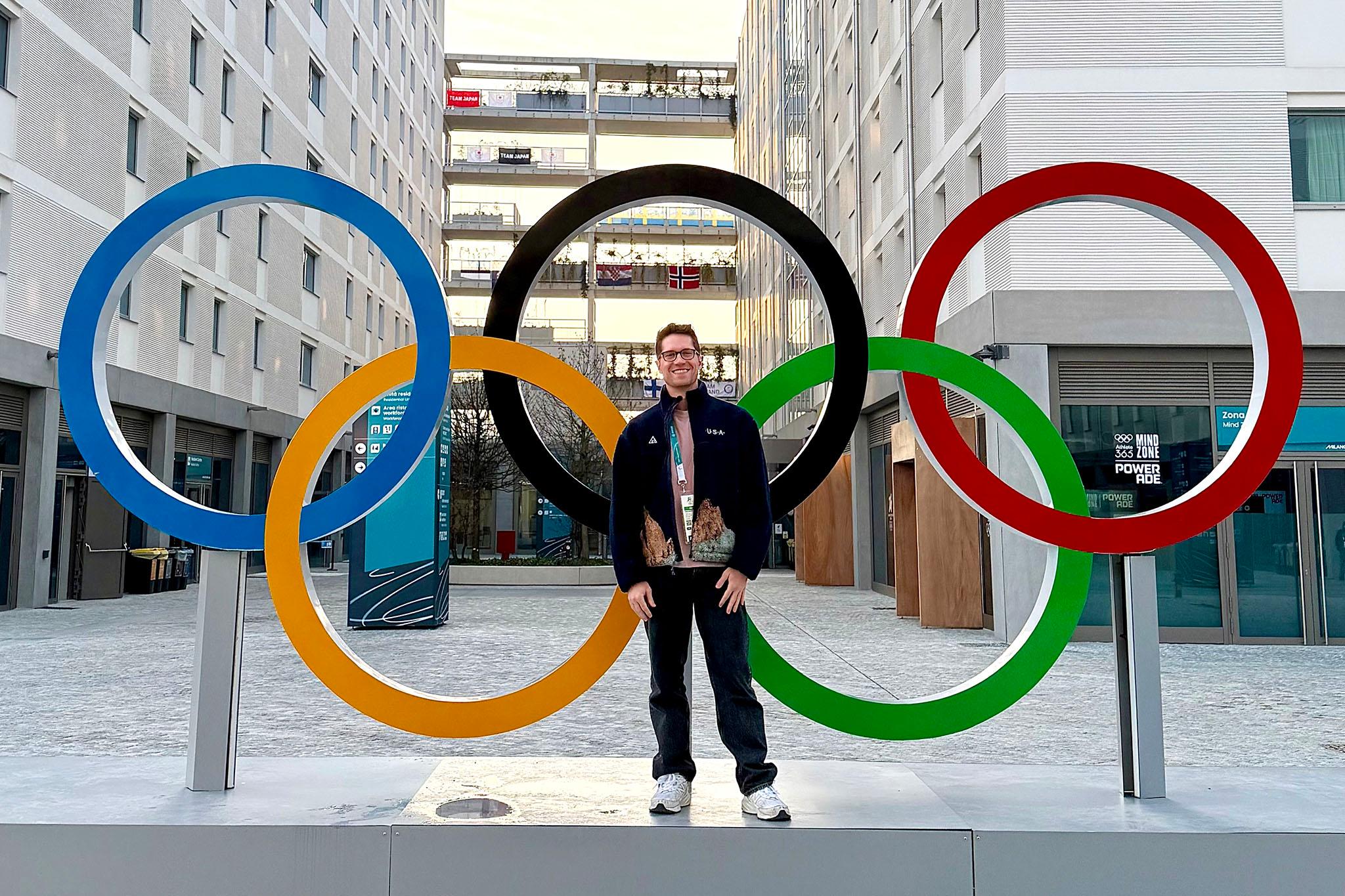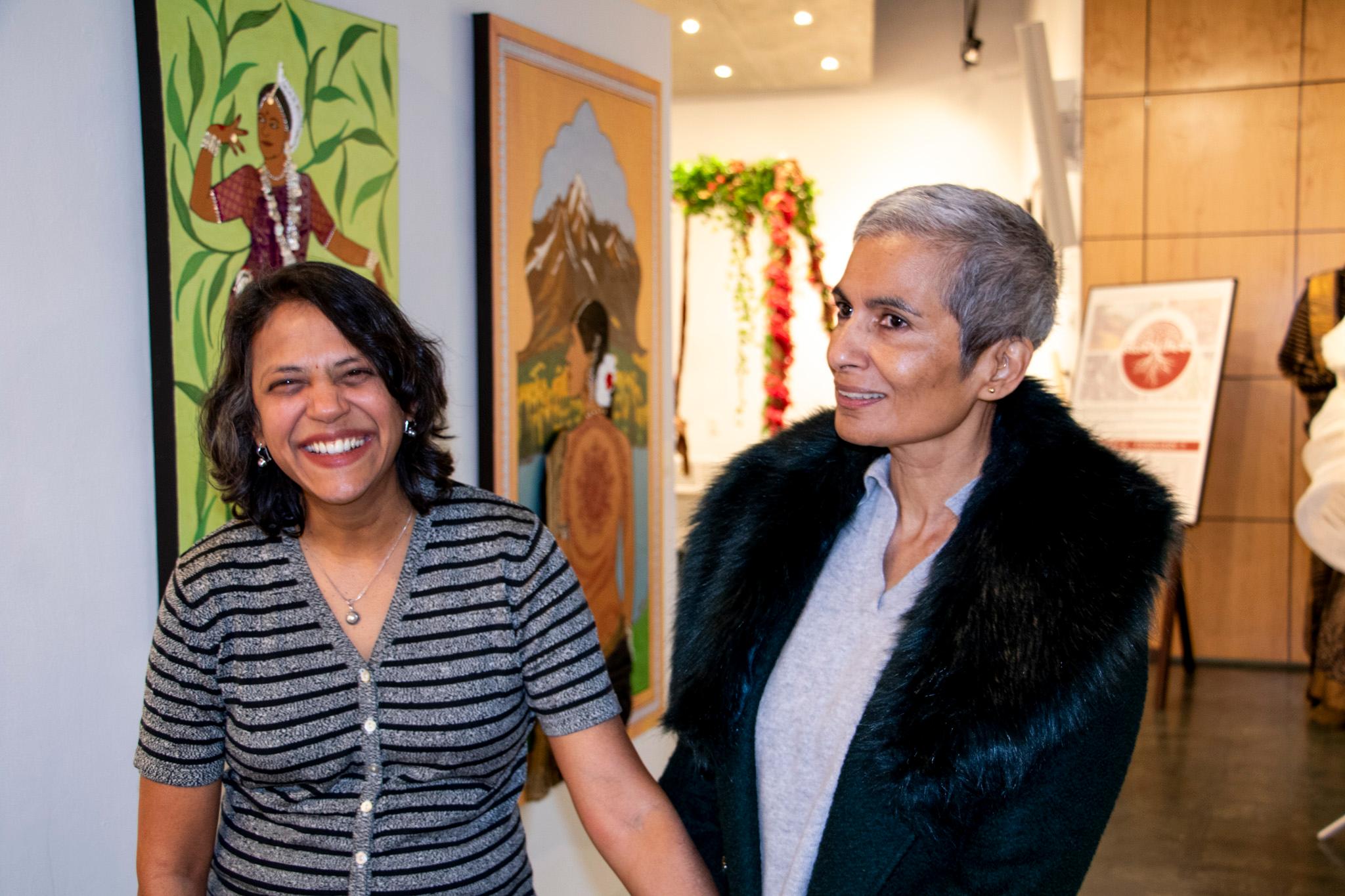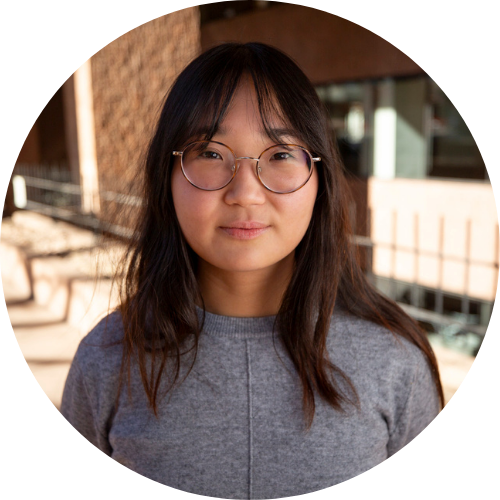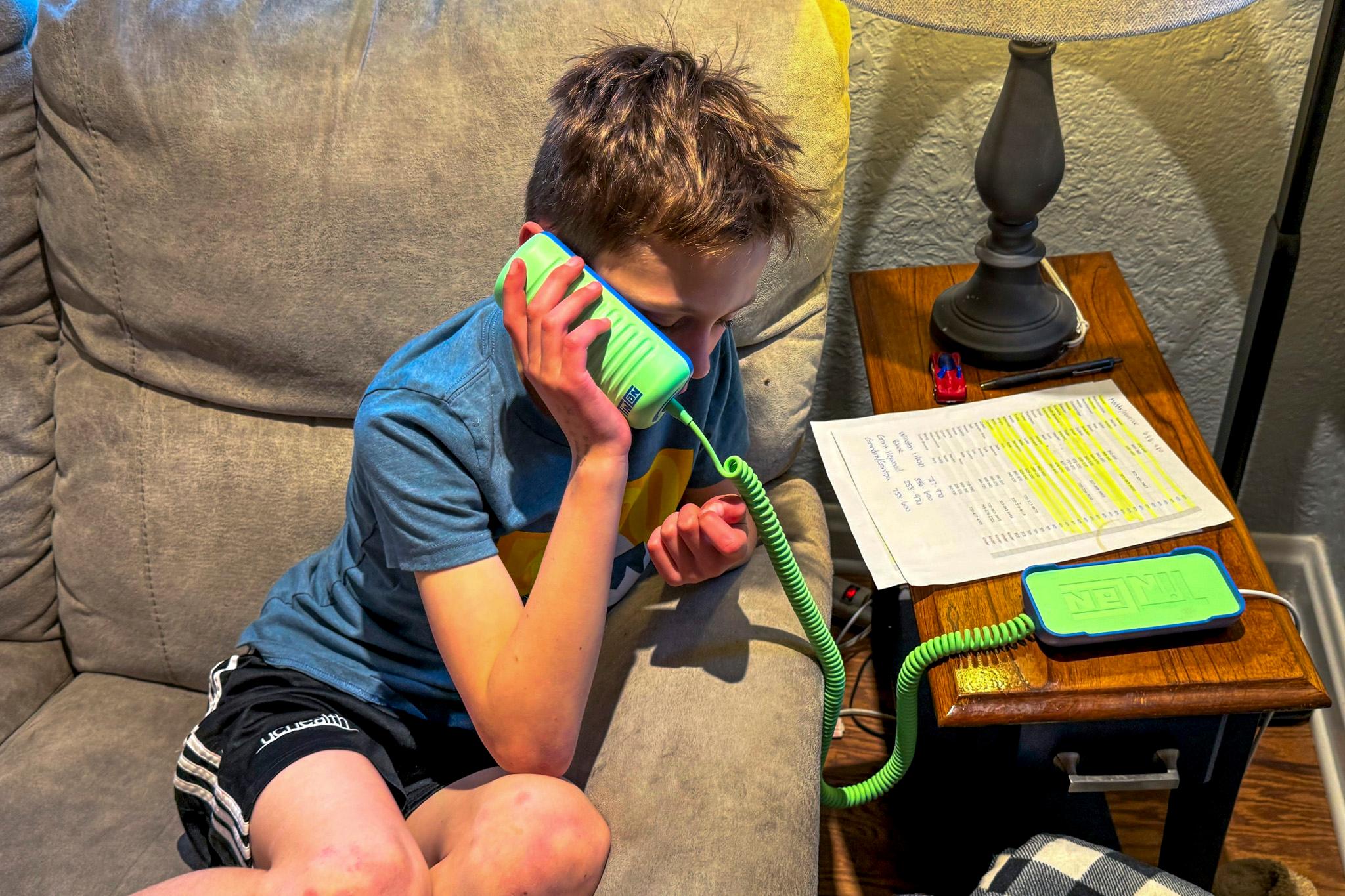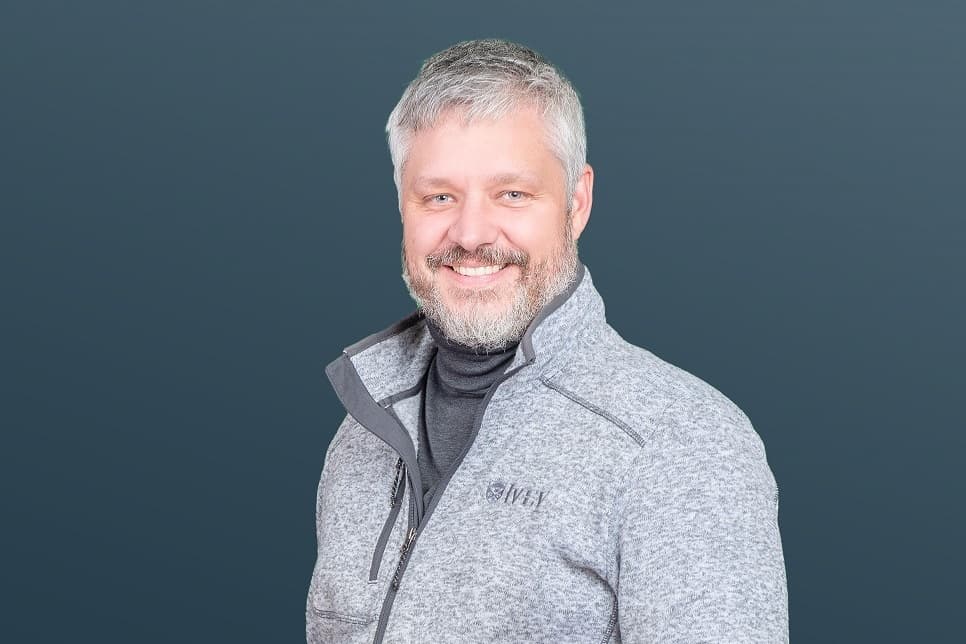
This story is part of The Trip, a CPR News series on Colorado’s new psychedelic movement. Read more here.
A psychedelic drug that comes from the iboga shrub in Central Africa is among those decriminalized by Colorado voters in 2022 and now it’s being reviewed by the state for treating substance use disorders. Proponents say Ibogaine helps reduce withdrawal symptoms in people addicted to opioids and other substances and decrease the cravings.
We asked Jonathan Dickinson, who founded Ambio Life Sciences to treat people with ibogaine, about how it works. Dickinson, who founded the center in Tijuana, Mexico, in 2021, said ibogaine is also an effective treatment for other conditions, including PTSD and traumatic brain injuries.
This interview has been edited for length and clarity.
Andrea Dukakis: Many of us have heard of the psychedelic psilocybin, but not ibogaine. What is it exactly?
Jonathan Dickinson: “I think people are just starting to hear more and more about Ibogaine now. I guess in some ways, ibogaine is similar to mushrooms in the sense that it's a powerful psychedelic that produces an altered state, but it's also distinct and in some ways more powerful. It comes from the iboga shrub of Central Africa, and Gabon particularly, which is a very small country. It's been used for thousands of years in healing and coming-of-age ceremonies and other kinds of rites of passage. But it's definitely not lost on the communities there that it has a lot of medical benefits, and so there's various kinds of treatments, both for mental and emotional conditions…even physical conditions that people use it for.”
Dukakis: How did someone figure out that it might help people with addiction?
Dickinson: “That goes back to a gentleman named Howard Lotsof, who was living in Staten Island, New York, in the 1960s, and was experimenting with different kinds of drugs, including heroin. So he was habituated to daily heroin use when somebody gave him ibogaine and he took it and went through a very challenging psychedelic experience that he swore that he would never repeat until he kind of woke up in the morning and realized that he had no desire to use heroin and that not only was he not in withdrawal, he did not feel any craving or urge to be able to use it. He even had insights into some of the emotional material underlying his use in the past.
So years later, as an activist, he was able to bring it all the way up to the FDA, get funding through the National Institute on Drug Abuse and start early trials. And he was able to get numerous scientists interested in it and its properties and they started to do research in the United States.”
Dukakis: How did you first come across Ibogaine and what was it that attracted you to it?
Dickinson: “I was very interested in psychedelics. I had a big healing experience myself after having been on antidepressants and having very difficult withdrawal symptoms when I stopped taking them. So actually, psilocybin mushrooms helped me to kind of come out of that very difficult period in my life. And so I became very interested in the medical uses of psychedelics.
I'm from Canada, so we were looking at things like the supervised injections sites in Vancouver and some of that sort of very cutting-edge research that was going on to try to treat the problems of opioid addiction. And so it was this blend of all my interests in that this was being used in a sort of peer-driven, addict self-help sort of environment, so I ended up in Mexico in late 2009 to kind of apprentice with the folks who were developing the clinical use down here.”
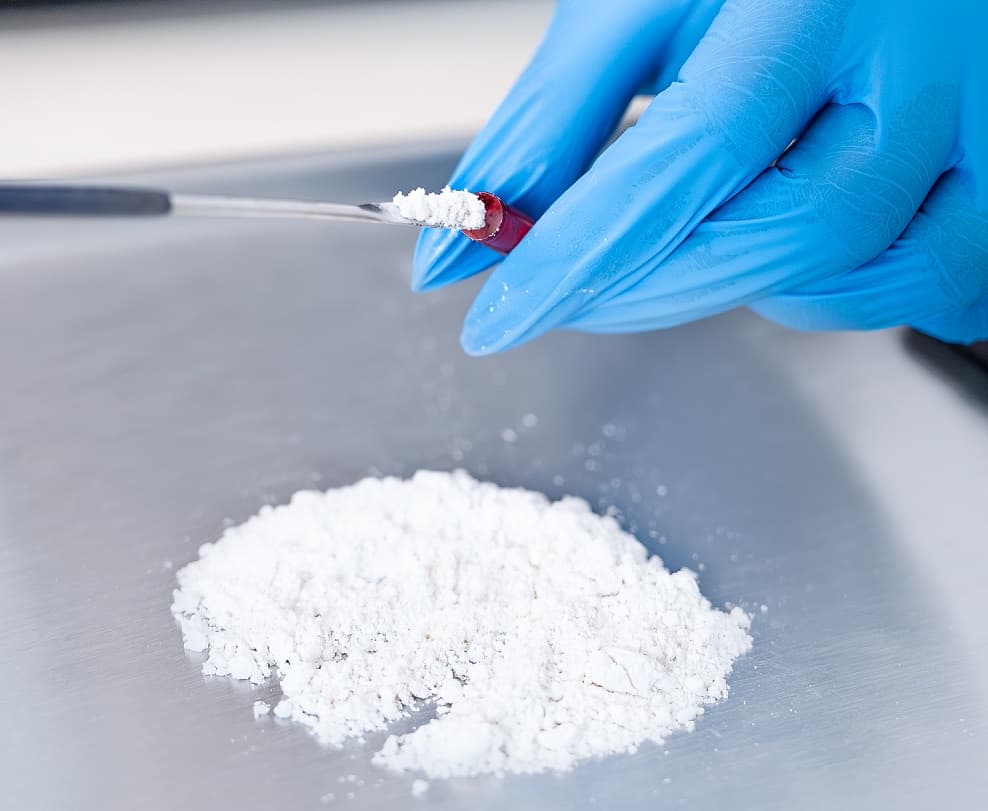
Dukakis: You've since set up a center to treat people. Could you describe how you've seen ibogaine help those who've come to you?
Dickinson: “What we're seeing is people coming in on heroin or nowadays on fentanyl and being able to, once they're properly prepared, take a dose of ibogaine and essentially mitigate most of the uncomfortable withdrawal and then even most of the cravings that follow. So it sort of puts people six or nine months ahead in their recovery journey physically and mentally and emotionally, which is a massive headstart.
We started to get a lot of interest from the veteran community, particularly special forces operators who were providing grants for their colleagues to be able to come down and receive treatment, primarily for traumatic brain injuries that they'd sustained during combat. Over time, that causes cellular damage and there's nothing that we have in Western medicine to repair that damage. But we've been able to do some research looking at an actual regenerative effect on a cellular level of some of that damage and the improvements in the associated psychiatric conditions.
We have also treated people with multiple sclerosis and Parkinson's. We've had to build out a whole other section of our program specifically to accommodate people with those kinds of conditions and who are having difficulties with motor control and maybe even who are more advanced in age. And it seems to demonstrate a neuroregenerative capacity that is unique in any kind of pharmacotherapy.”
Dukakis: Describe what the treatment is like for the client?
Dickinson: “When people come to us and we spend some time preparing, we have a lot of diagnostic tests. Ibogaine is not without risks. There are cardiac risks. We also have to make sure that there's not any kind of medication interaction or drug interaction and then the treatment takes place, often overnight. People take ibogaine in a capsule and go through what most describe as a challenging psychedelic journey with their eyes closed, laying down, and a sort of parade of imagery or just thoughts and emotions and feelings come up under the effect. But even though it can be challenging, usually there's this sense that accompanies that of equanimity or just being able to let the experience wash over, and it takes hours and hours, often through the night, for that to happen. And then the next day, people need to continue to rest.
The rest of the treatment is really just about recovery. It asks a lot from you while you're going through it, but then it gives back a lot later. So we just try to get people to the point where their energy's returned enough to go home. And there's a lot of ongoing benefits that most people experience once they do get home and get back to their life and they get to see how things are landing with their loved ones or at work. And then we do provide ongoing support as people get home and navigate that.”
Dukakis: You've mentioned a bunch of conditions that ibogaine seems to help with. What percent of people actually benefit?
Dickinson: “I would say a hundred percent of people who are coming off opioids have a massive improvement and have an easier time going through withdrawal and a reduced amount of cravings. Whether or not that translates into long-term abstinence, obviously, there's a whole other set of variables that contribute to that, but I would say that everybody benefits from it to some degree. I could say something similar about the neurological conditions like traumatic brain injury or even Parkinson's or multiple sclerosis. We very rarely see anybody getting worse and we've had really quite miraculous recoveries. We've also seen people who have only marginal improvements.”
Dukakis: Alcohol addiction affects more people than opioids. Can ibogaine help with that, too?
Dickinson: “Absolutely. Quite a few people who come to us also use alcohol to some degree, and I would say that's particularly common in the community of veterans with traumatic brain injury. Alcohol is a sort of self-treatment for people. And so we've definitely seen that ibogaine can help to remove cravings or at least minimize them and give sort of a window of opportunity for people to be able to make a choice, maybe where there's this sense that a choice has been taken away. When we get into an addiction, it almost feels like by the time that we think about doing something, we've already made the choice and we're already five steps into actually acting that out. So ibogaine puts us back, I think, in the driver's seat where we have a little bit more agency, where we can consider it, weigh the consequences and make a decision about it. It's not a foregone conclusion what our ultimate choice will be, but it certainly makes it a lot easier.”
Dukakis: Is there any research to back up what you’ve witnessed at your center with ibogaine?
Dickinson: “It's still very early days when it comes to the research and understanding of how ibogaine works. There's something quite opaque about its pharmacology and we don't necessarily understand it fully because it looks like it's doing lots of things at the same time, instead of just singling out one specific target we prefer to find in a drug interaction. So, we've been able to see things like certain outcomes from addiction treatment. When it comes to some of the other conditions, we've done one prospective observational study with veterans with traumatic brain injury with Stanford, which is probably one of the most robust studies out there with ibogaine. And it was showing dramatic reductions in some of the psychiatric symptoms and in some of the other conditions, but it's still very anecdotal.”
Dukakis: Coloradans voted to decriminalize ibogaine in 2022, and the state is reviewing its use for the treatment of substance use disorders. How much does Colorado's law move the needle on more widespread use?
Dickinson: “I think Colorado has a fantastic opportunity to lead the way in developing a US-based model for what it would look like to deliver ibogaine therapeutically in the United States. I think it's a massive opportunity. Texas has put up $50 million toward research and I think there's other states that are looking to follow suit with funding to go to the FDA and stimulate clinical trials to get regulatory approval for it. But that's a path that typically takes 10 years or more and ends up being quite costly. And with ibogaine, it's not an uncomplicated path. So I think Colorado has an opportunity to spend years and potentially a decade really leading the way and setting up this model for the US.”

